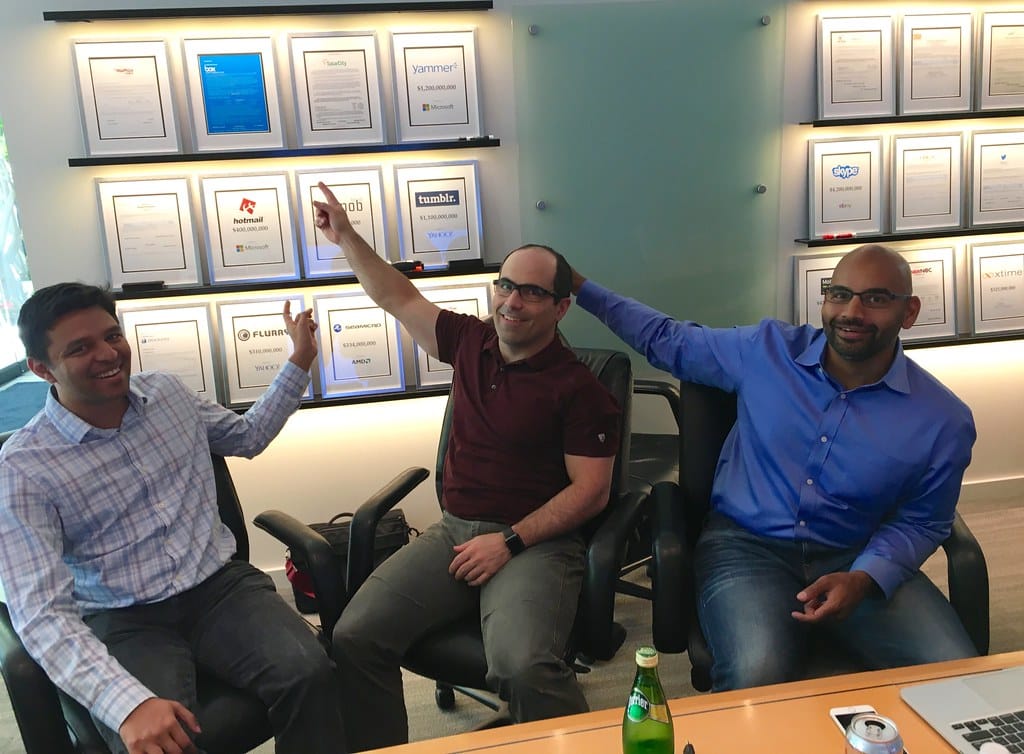XBOW's AI Security Platform Dominates HackerOne Rankings After $75M Funding Round
In a groundbreaking achievement that signals the maturation of artificial intelligence in cybersecurity, XBOW's AI-powered penetration testing platform has claimed the number one position on HackerOne's global leaderboard while simultaneously securing a massive $75 million funding round. This dual milestone represents a pivotal moment where automated security testing has not only matched but exceeded human performance in identifying critical vulnerabilities.
The Rise of AI-Powered Penetration Testing
Traditional penetration testing has long relied on human expertise to identify security weaknesses in digital infrastructure. However, XBOW's platform demonstrates how artificial intelligence can systematically scan, analyze, and exploit vulnerabilities at a scale and speed impossible for human testers alone.
The platform's ascent to the top of HackerOne's rankings is particularly significant given the competitive nature of the bug bounty ecosystem. HackerOne, which hosts security researchers and ethical hackers from around the world, has become the de facto standard for measuring penetration testing effectiveness. For an AI system to outperform seasoned human security professionals represents a technological inflection point.
Breaking Down the $75M Investment
The substantial funding round, led by prominent venture capital firms specializing in cybersecurity and AI technologies, reflects growing investor confidence in autonomous security solutions. This investment will reportedly fund several key initiatives:
Platform Enhancement: Expanding the AI's capability to handle more complex attack scenarios and emerging threat vectors, including cloud-native vulnerabilities and API security flaws.
Global Expansion: Scaling operations to serve enterprise clients across multiple regions, with particular focus on European and Asian markets where regulatory compliance requirements are driving demand for continuous security testing.
Research and Development: Investing in next-generation AI models that can adapt to evolving attack methodologies and zero-day vulnerabilities more rapidly than current systems.
Market Implications and Industry Response
The cybersecurity industry is experiencing a critical shortage of skilled professionals, with over 3.5 million unfilled positions globally according to recent ISC2 research. XBOW's success suggests that AI-powered tools may help bridge this gap by automating routine security assessments while freeing human experts to focus on strategic security initiatives.
Major enterprises are increasingly adopting continuous security testing approaches, driven by accelerating digital transformation and remote work trends. The ability to conduct comprehensive penetration testing on-demand, without scheduling constraints or resource limitations, offers significant operational advantages.
Technical Advantages of AI-Driven Security Testing
XBOW's platform leverages several key technological innovations that distinguish it from traditional testing approaches:
Continuous Learning: The AI system continuously updates its knowledge base with new vulnerability patterns and attack techniques, ensuring testing methodologies remain current with emerging threats.
Scalability: Unlike human testers who can only focus on one system at a time, the AI platform can simultaneously assess multiple environments, dramatically reducing testing timeframes.
Consistency: Automated testing eliminates human variability, ensuring comprehensive coverage across all potential attack vectors with consistent methodology.
Real-time Adaptation: The system can modify its testing approach based on discovered vulnerabilities, mimicking how actual attackers might escalate their efforts.
Challenges and Considerations
Despite these advances, the integration of AI in penetration testing raises important considerations. Security professionals emphasize that while AI excels at systematic vulnerability detection, human expertise remains crucial for contextual analysis and strategic security planning.
Additionally, the rapid advancement of AI capabilities in both offensive and defensive security creates new dynamics in the cybersecurity landscape. As AI tools become more sophisticated, malicious actors may also leverage similar technologies, necessitating continued evolution in defensive strategies.
Looking Forward: The Future of Automated Security
XBOW's achievement represents more than a technological milestone—it signals the beginning of a new era in cybersecurity where AI systems can proactively identify and assess vulnerabilities before human attackers exploit them. As the platform continues to evolve with its substantial funding, the broader security industry will likely see accelerated adoption of AI-driven security tools.
The success story also highlights the importance of responsible AI development in security contexts, where the same technologies that protect digital infrastructure could potentially be misused if not properly governed and controlled.
For organizations evaluating their security posture, XBOW's rise to prominence suggests that AI-powered penetration testing is no longer an experimental technology but a proven solution capable of delivering measurable security improvements at enterprise scale.
